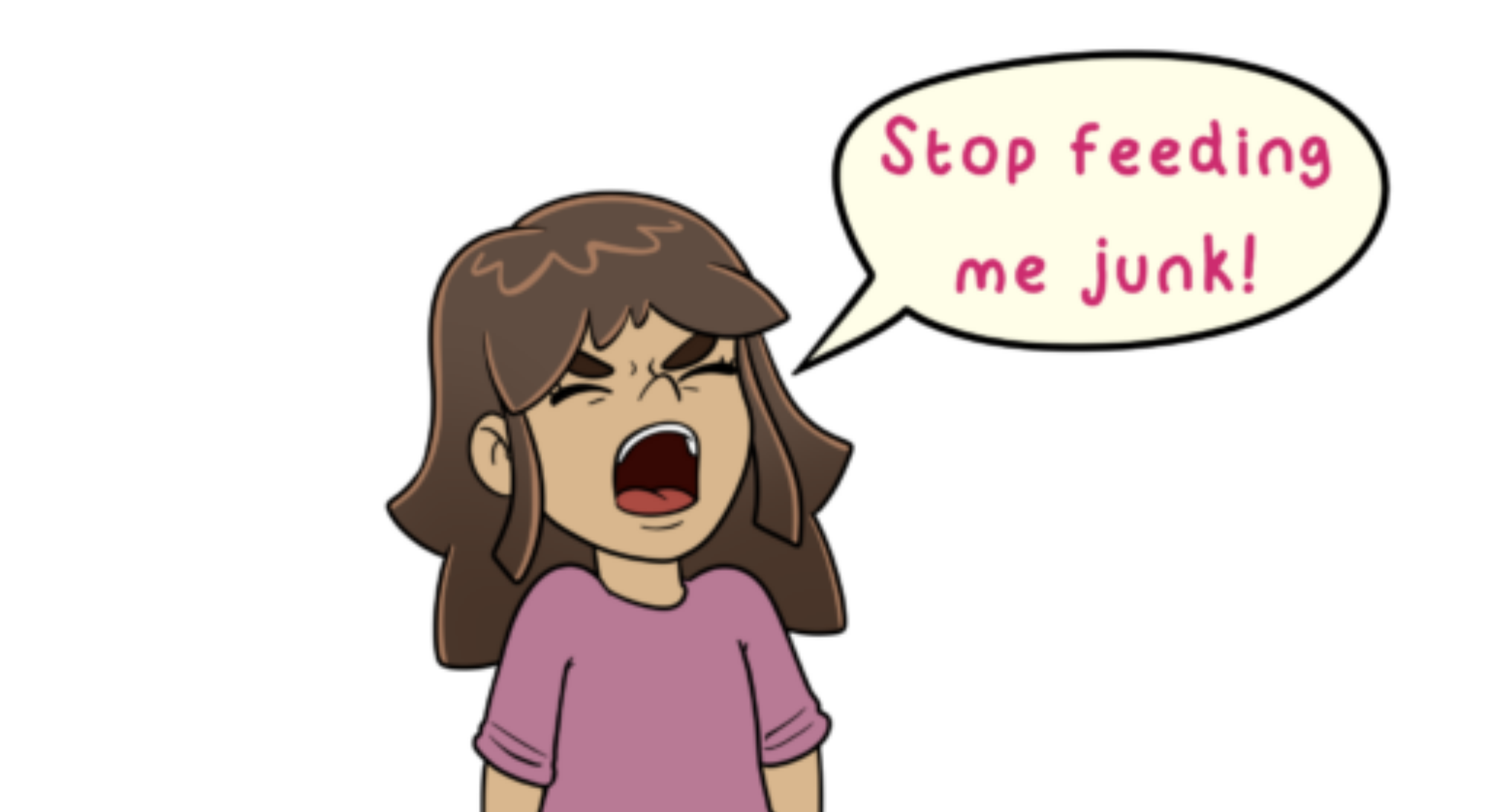Kennedy argues this isn’t just bad luck, it’s the result of systemic failures in regulation, food policy, and environmental protections. He identifies four systemic drivers behind the chronic disease.

Robert F. Kennedy Jr. and the Make American Children Healthy Again (MACHA) Commission have released a landmark 72-page report that could reshape the national conversation on children’s health. The initial sentence of the report summarizes our situation —“The health of American children is in crisis”—and the findings are staggering: 54% of American kids now suffer from chronic illnesses, a dramatic increase from previous generations.
But rather than just sounding the alarm, Kennedy’s report offers a clear, actionable roadmap to reverse this crisis, focusing on industrial toxins, processed foods, contaminated water, and pharmaceutical drug & vaccine overuse.
Unlike typical political rhetoric, this report is backed by extensive scientific research, including studies from The Lancet, Environmental Health Perspectives, and data from the CDC and NIH. While critics dismiss Kennedy as a controversial figure, his latest work is gaining traction among health advocates, environmental scientists, and concerned parents who see it as a long-overdue wake-up call.
The MACHA report reveals that chronic conditions—once rare in kids—are now the new normal:
✅ 1 in 2 children has at least one chronic illness (asthma, ADHD, autism, diabetes, obesity).
✅ Autoimmune disorders have tripled in the last 30 years.
✅ Developmental delays and neurological conditions are skyrocketing.

Kennedy argues this isn’t just bad luck, it’s the result of systemic failures in regulation, food policy, and environmental protections. He identifies four systemic drivers behind the chronic disease epidemic and delivers actionable solutions to combat each one. This Substack examines those four critical root causes from the MACHA report and maps out concrete pathways for reform.
☢️ Industrial Chemicals & the “Silent Pandemic” of Toxins ☠️
The report sounds the alarm on more than 80,000 untested industrial chemicals permeating our environment, many with established links to cancer, autism, and endocrine disruption. Particularly concerning are PFAS “forever chemicals” that persist indefinitely in water, food packaging, and household items while compromising immune function. Glyphosate, the world’s most widely used herbicide, appears to disrupt gut microbiota and potentially trigger autoimmune responses. Equally troubling are heavy metals like lead, mercury, and arsenic that continue to contaminate aging infrastructure, children’s food products, and school environments.
The solution, Kennedy argues, is straightforward: ban the most dangerous toxins, enforce stricter EPA regulations, and require independent safety testing before chemicals enter the market. Europe has already taken these steps—why hasn’t America?
🍫🍩 Processed Food: A Recipe for Metabolic Disaster 🍔🍟
America’s industrialized food system has created a perfect storm for childhood illness, with ultra-processed foods now constituting 67% of children’s caloric intake – a dietary shift strongly correlated with soaring obesity and diabetes rates. Synthetic food dyes like Red 40 and Yellow 5, prohibited in Europe due to hyperactivity concerns, remain commonplace in American snacks. Meanwhile, the inflammatory effects of refined sugars and industrial seed oils show disturbing connections to neurological and behavioral disorders.

Fixing this requires more than just telling parents to “eat healthier.” The report calls for removing harmful additives from school lunches, taxing sugary junk food, and enforcing transparent labeling laws so families can make informed choices.
☣️ The Dirty Truth About America’s Water 🧫
The water crisis extends far beyond Flint, with over 200 million Americans exposed to chemical contaminants including lead, PFAS, and microplastics. Chlorination byproducts in treated water may elevate cancer risks, while agricultural runoff containing atrazine disrupts hormonal development at minimal exposure levels.
The MACHA Commission proposes a nationwide effort to replace lead pipes, install advanced filtration systems in schools, and hold industrial polluters accountable—measures that, while costly, pale in comparison to the long-term healthcare burden of poisoned children.
💊 Drugs & Vaccines: 💉 The Overmedication Dilemma ⚠️
Perhaps the most contentious part of the report deals with vaccines and prescription drugs. Kennedy does not advocate abandoning modern medicine—far from it. But he raises critical questions about the dramatic expansion of the childhood vaccine schedule (which has quadrupled since the 1980s) and asserted that the measles-mumps-rubella vaccine (MMR) contains “millions of particles that are derived from fetal tissue.” He’s also sounding the alarm about the overuse of antibiotics, and the skyrocketing prescriptions for ADHD medications and antidepressants in kids.

Bobby’s argument is not anti-science but pro-transparency: Who decides what’s safe? Who funds the research? The report calls for independent reviews of vaccine safety, stricter guidelines on psychiatric medications for children, and more research into non-pharmaceutical approaches to health.
📊🏛️ Policy Recommendations and the Path Forward 🧩
What makes this report different from typical political grandstanding is its specific, actionable policy agenda. Among the proposals:
🌟 A “Toxic-Free Generation Act” to ban the worst industrial chemicals.
🌟 A “Clean Water for Kids Initiative” to remove lead and PFAS from schools.
🌟 Truth in food labeling laws to expose hidden additives.
🌟 An independent commission to review medical safety protocols.
Critics, particularly those with ties to Big Pharma and chemical lobbies, have dismissed the report as “fear-mongering.” But the science it cites is real, peer-reviewed, and increasingly urgent. As a matter of fact, President Donald J. Trump has tasked the MAHA Commission with developing a federal response strategy within 80 days

Remember, while systemic change takes time, families aren’t powerless. Filtering water (reverse osmosis removes PFAS), choosing organic when possible (especially for the “Dirty Dozen” produce), avoiding processed snacks with artificial dyes, and demanding toxin-free schools are all practical steps.
This isn’t about politics. It’s about why, in the wealthiest nation on earth, our children are getting sicker. Kennedy’s report forces us to ask: Who benefits from the status quo? And what kind of future are we willing to fight for?

